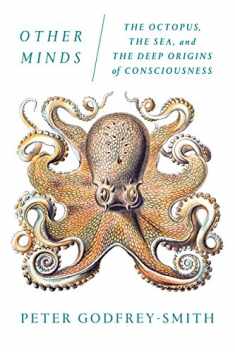
Species of Mind: The Philosophy and Biology of Cognitive Ethology
Book details
Summary
Description
The heart of this book is the reciprocal relationship between philosophical theories of mind and empirical studies of animal cognition.
Colin Allen (a philosopher) and Marc Bekoff (a cognitive ethologist) approach their work from a perspective that considers arguments about evolutionary continuity to be as applicable to the study of animal minds and brains as they are to comparative studies of kidneys, stomachs, and hearts. Cognitive ethologists study the comparative, evolutionary, and ecological aspects of the mental phenomena of animals. Philosophy can provide cognitive ethology with an analytical basis for attributing cognition to nonhuman animals and for studying it, and cognitive ethology can help philosophy to explain mentality in naturalistic terms by providing data on the evolution of cognition. This interdiscipinary approach reveals flaws in common objections to the view that animals have minds.
The heart of the book is this reciprocal relationship between philosophical theories of mind and empirical studies of animal cognition. All theoretical discussion is carefully tied to case studies, particularly in the areas of antipredatory vigilance and social play, where there are many points of contact with philosophical discussions of intentionality and representation. Allen and Bekoff make specific suggestions about how to use philosophical theories of intentionality as starting points for empirical investigation of animal minds, and they stress the importance of studying animals other than nonhuman primates.


We would LOVE it if you could help us and other readers by reviewing the book
Book review





